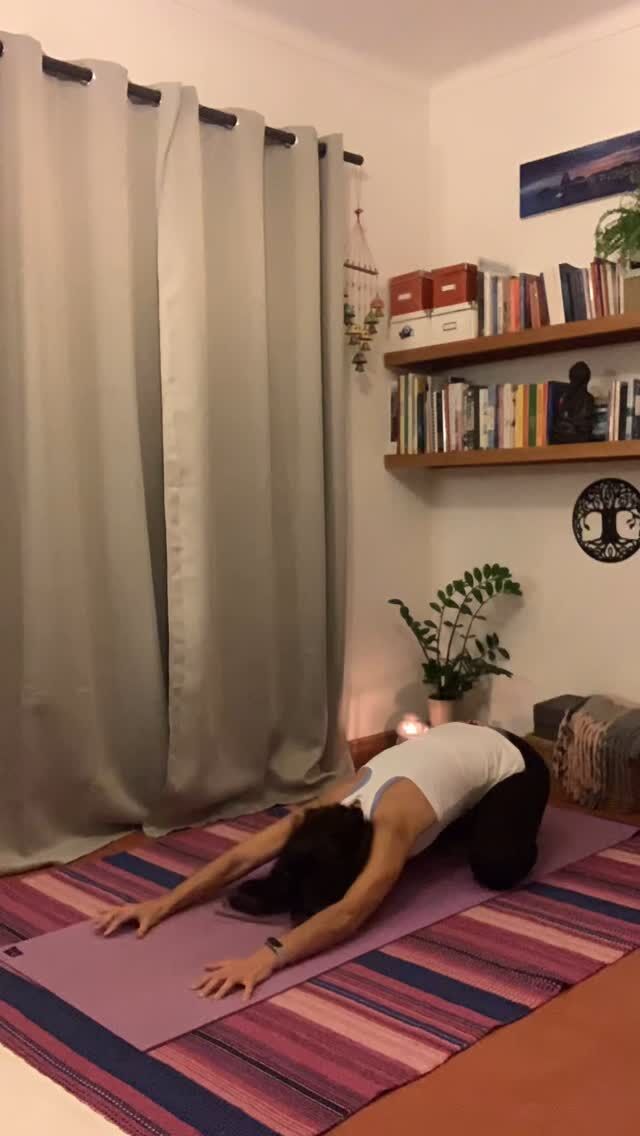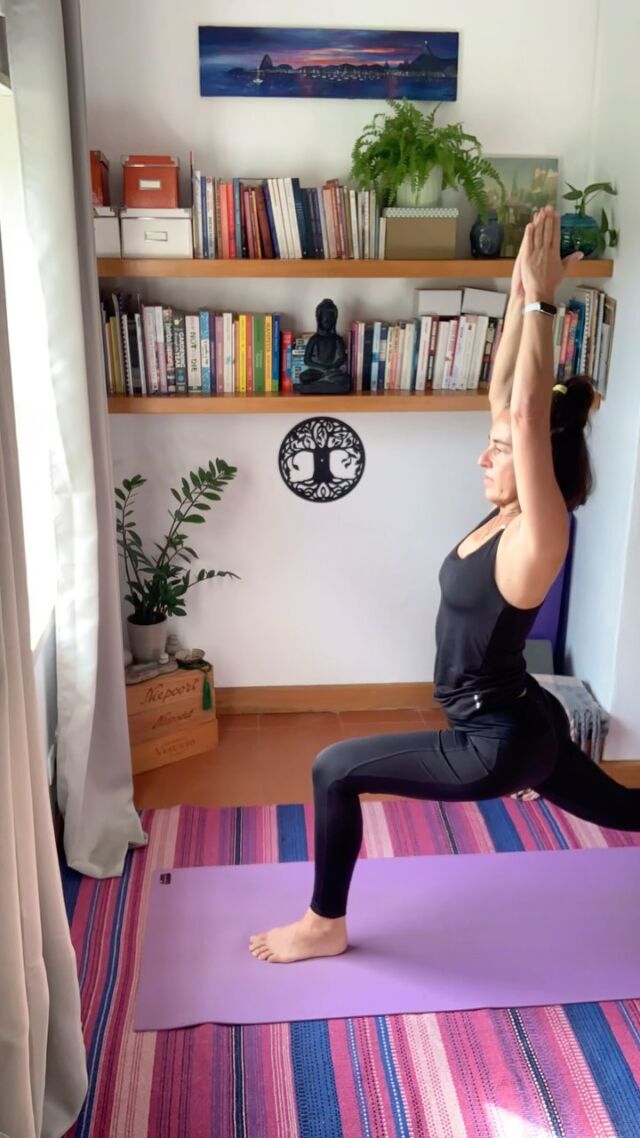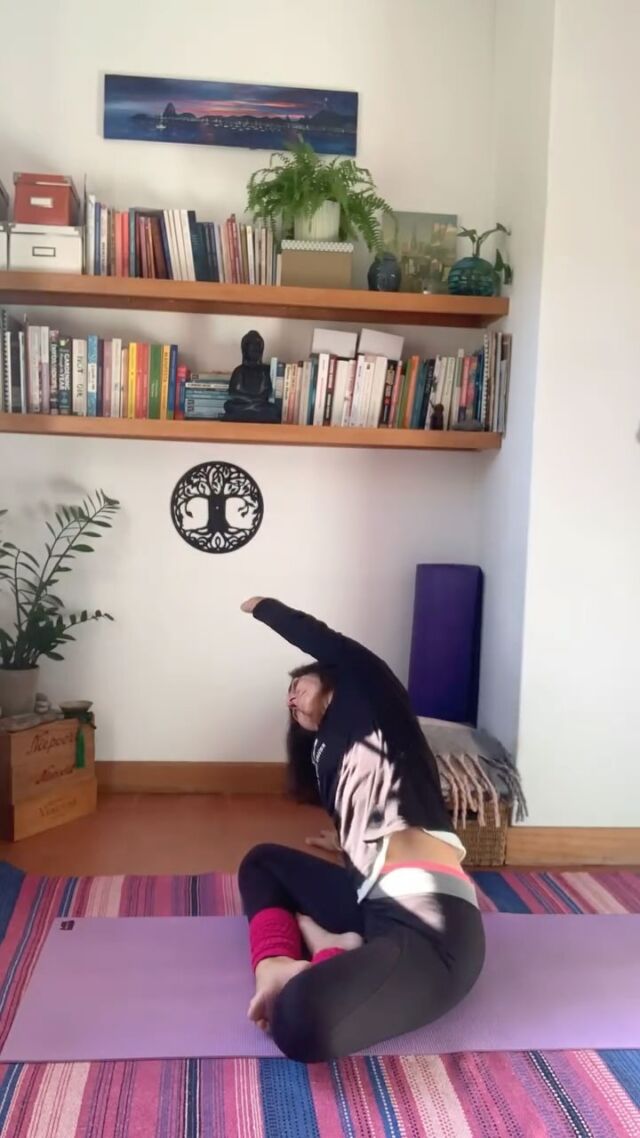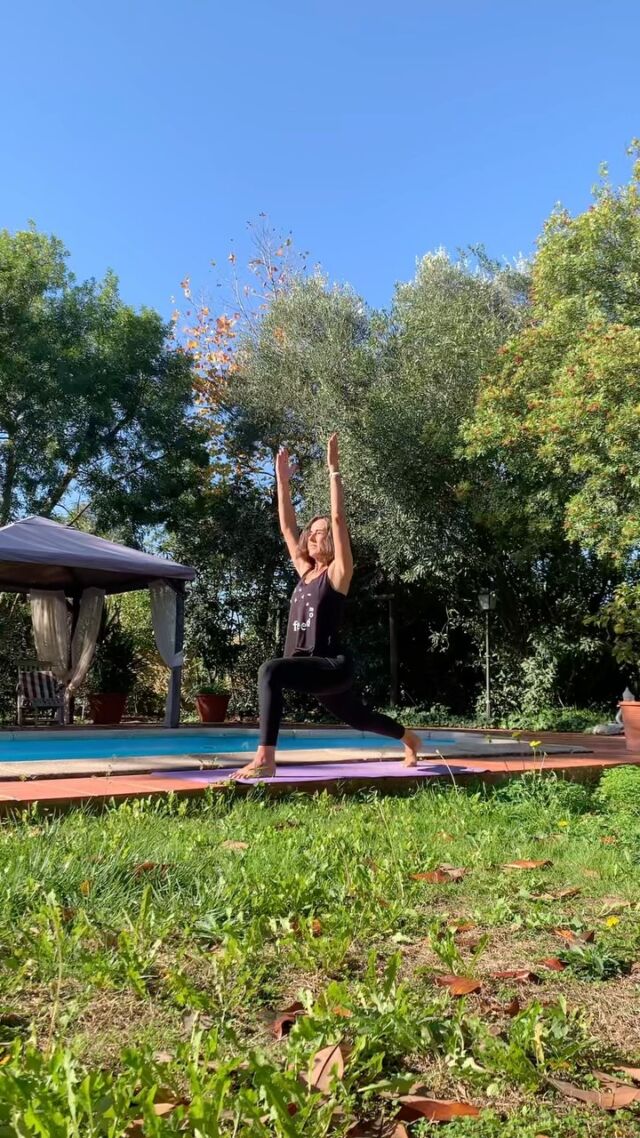
Meet Bettina Gerike – Co-founder of Living Seeds Sementes vivas
I am originally from Germany. Married twice and blessed with a grown-up son out of my first marriage. Before getting involved withLiving Seeds Sementes Vivas I had a career as PA on management level in the corporate world, my last position was with one of the European institutions in Brussels. Independently from my jobs, I have a passion for the plant world, arts, food/cooking, natural medicine and conscious movement practices. Next to having trained in the Feldenkrais Method, I am at home and striving in conscious dance practices like the 5 Rhythms.
I became a convinced BIO consumer from the moment I started shopping for myself and believe in and practice a 95 % plant-based diet.

Learning about seeds I had two very important realisations: I understood that organic produce was mostly not grown from organic seeds. Having always supposed this I was very upset. Then I learned about hybrid seeds. Having no background in agriculture, I knew about GMO and that was clearly a no go for me, but I didn’t know that there was a whole industry out there breeding and producing sterile seeds. Seeds that the farmer to the contrary of open-pollinated seeds, has to buy again year by year, that are useless if you try to reproduce them. Seeds that are highly efficient but make the farmer and the consumer dependent on a limited choice and their availability offered by a handful of corporations. No food sovereignty there any more at all. Unconsciously I had known that be the growing unease I had while shopping. It had become almost impossible to distinguish organic produce from conventional produce. The varieties, the looks of it, all the same. Now I understood. Organic vegetables were also partly produced with conventional hybrids. Even though I am a bit more at ease with hybrids in the meanwhile, I am firmly supporting Sementes Vivas commitment to open-pollinated seeds.
“It had become almost impossible to distinguish organic produce from conventional produce… Organic vegetables were also partly produced with conventional hybrids.”
Organic farming methods preserve and regenerate the health of soils, respect and sustain ecosystems and biodiversity, with the aim to promote a healthy environment and high-quality food to people. At Living Seeds Sementes Vivas we are convinced that organic agriculture is the agriculture of our future and that this future needs to start NOW
“At Sementes Vivas we are convinced that organic agriculture is the agriculture of our future and that this future needs to start NOW”
BG: Organic seeds are grown organically, meaning without chemical and synthetic inputs as described above, so they are true to the expectation and promise of a 100 % organic value chain. That is what our slogan Organic Food from Organic Seeds” stands for. But there is more: an organic seed grown in real-life conditions has been exposed to stress in terms of heat, lack of water, pests, diseases, frost and other hardships and is sustaining itself with onboard a selection of natural means. It has to be strong to survive. That makes it the ideal seed for organic farming. And we believe that the genetic memory that this experience creates, that strength, is on a non-material level an important impulse for our immune system, our vitality.
Up to today most organic produce is grown from conventional seeds. In the last century, a lot of money has been invested in the development/breeding of highly performant seeds for the conventional, intensive, industrialised agriculture. As sad as it is, there are not enough organic seeds on the market to satisfy the needs in term of quantity and quality of especially professional organic farming. This is due to the fact that developing improved varieties takes years of dedicated, specialised work which the organic sector could very simply not afford or only on a very limited scale.
There are a couple of initiatives now, associations, mostly in Central Europe, collecting money from engaged citizens as well as philanthropic funding. There is also, in the meanwhile, more public funding to sustain the organic breeding sector. And it is big time. In 2035 the derogation that farmers can obtain according to European law allowing them to use conventional seed is definitively running out. This will be a big challenge for organic agriculture and Living Seeds Sementes Vivas is working towards contributing to cover the gaps up to this date.


BG: Biodynamic Agriculture is the oldest green farming movement and has been recognised as such worldwide for the quality of its production and nutrient-rich crops. There is a lot of similarities, but biodynamic farming goes further. It is a holistic practice where all things are considered living interrelated systems – animals, plants and the solar system. The biodynamic farmer uses specific preparations made from minerals and herbs – very similar to homoeopathy. These preparations are used for example to enhance the compost applied to the fields.
Biodynamic agriculture also incorporates astrological influences. Rudolf Steiner, the founder of biodynamics, believed that much like the moon affects the tides, so does it affect the growing phases of planting and harvesting.

Several serious recent studies investigating the “real or hidden costs” of conventional agriculture in comparison to organic agriculture come to the conclusion that organic is the “cheaper” option. Much of the damage caused by conventional agricultural practices like the dramatic loss of topsoil up to the point of a total loss of agricultural land, and the devastating loss of biodiversity in terms of plant varieties but also insects, e.g. pollinators and so on and eventually higher costs for the public health sector, given to poorer life quality in general, are compensated by public fund and subsidies, which are mainly taxpayers money. The citizen still pays….
Green manure is often a legume-based cover crop sown on agricultural land between or in combination with crops, in order to fertilize the soil mainly through the intake of nitrogen. As a cover crop, they also help to reduce soil erosion and by incorporation, they increase the organic matter in the soil.
“Pseudo-cereals are very interesting in nutritional terms as a source of protein in the context of a plant-based diet and especially for people with an intolerance to gluten. “

LM: What is in the horizon for you and Living Seeds Sementes Vivas?
Another important date for us is the end of the derogation regarding the use of conventional seeds in organic agriculture in 2035. Jointly with other organic seed companies, we are working on being able to reply to the always increasing demands in terms of quality and quantity of our customers.
Are you growing your own veggies? Know anyone who is?



















Hi there, I'm Luciana,
If you are looking to improve your mindset, boost your self-confidence and vitality, raise your vibration, AND you are yoga-curious, you have landed in the right place!
I am The Midlife Bliss coach and yoga teacher, passionate about empowering women in midlife.
Sign up for updates on my new articles, videos, yoga and coaching offers, AND retreats to sunny Portugal!
You are in! Juicy content is on its way.
We respect your privacy, so no spamming and your information will be kept sacretly confidential.